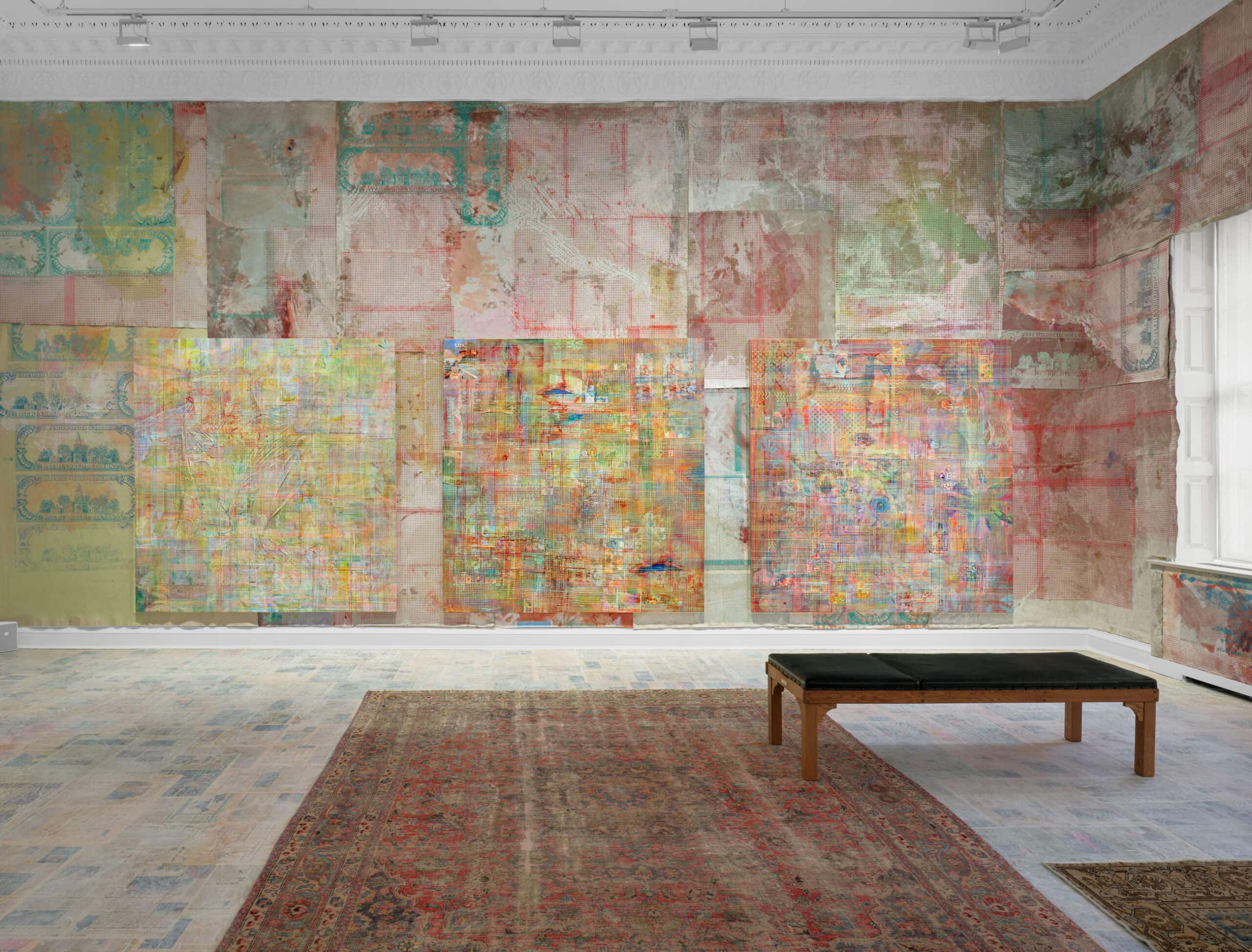Since the 2020 US racial reckoning, curators and critics in the UK have unthinkingly imported American tensions only to confound England’s already fragile interplay of class and ethnicity. The political value of such activism is still to be seen. Its aesthetic effects, however, have been devastating on both sides of the Atlantic.
The London exhibition of the New Orleans painter Auudi Dorsey’s portraits of his black, working-class neighbours could signal the turning in this morose trend. His works show a female parking attendant who chews gum as she writes a ticket, two restaurant chefs on break from the kitchen, an off-duty construction worker, and a middle-aged angler with his implausibly large catch.
Dorsey’s acrylics brim with dignity. The subjects’ faces betray signs of daily fatigue, but their stance is secure. That the canvases are rendered in sombre blue and green hues, as in a dark cop drama, is the one clue that other narratives could fit in these lives. Even the curator’s essay barely points to the reductive race-first reading of what is already evident by the artist’s hand. This leaves Dorsey to record the human experience with the true universalism of paint.







